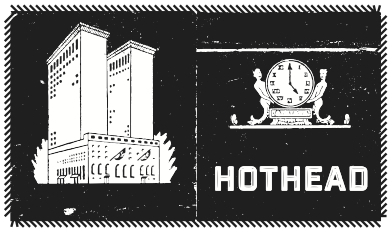The New York Times reported that the crowd that gathered for the Women’s March on Washington was three times larger than the group that turned out for Trump’s inauguration. Though it is impossible to gauge exact numbers, it’s visibly clear that both the Women’s March and Obama’s inauguration in 2009 drew many more people than the ceremony at the White House on January 20th. For a lot of us, these turnouts were heartening: seeing groups of people standing against oppression outnumber those who support this new harbinger of lethal inequality felt like a light in the storm. But these numbers reflect something integral about those who voted for Trump last year, which is that these people are mostly working class folks living in the midwestern and southern states who sure as hell aren’t going to be able to take a weekend off work, buy a plane ticket, or traverse the country because, y’all, they can’t afford it. Furthermore, those who voted for Trump are statistically older and living in rural areas, which means their mobility is likely limited. Going out to protest, or to show support for any kind of cause, is a privilege for those who can afford it and who are physically able to do so. We need to consider the swaths of land between the coasts, the small communities that may only get one television channel. Class is at the forefront of the current political divide: to those living in dwindling rural communities, nothing is more pressing than economic stability as they watch jobs move into the city, then out of the country, destroying their livelihoods. Part of Trump’s appeal, unfortunately, is that he speaks to the people for whom issues of social justice come second to putting bread on the table and protecting the resources that they spend most of their lives cultivating.
x
Hot Head is Discorder’s feedback column, encouraging any comments on the magazine or the community we serve. All submissions are welcome and will be considered for print unless they contain hateful language. To submit to Hot Head, email comments to editor.discorder@citr.ca clearly indicating whether or not the submission is anonymous. Physical submissions can be left for Discorder Editor-In-Chief Brit Bachmann at the CiTR Station in the UBC Nest. To submit to Hot Head is to consent to being published in the magazine and online at discorder.ca


